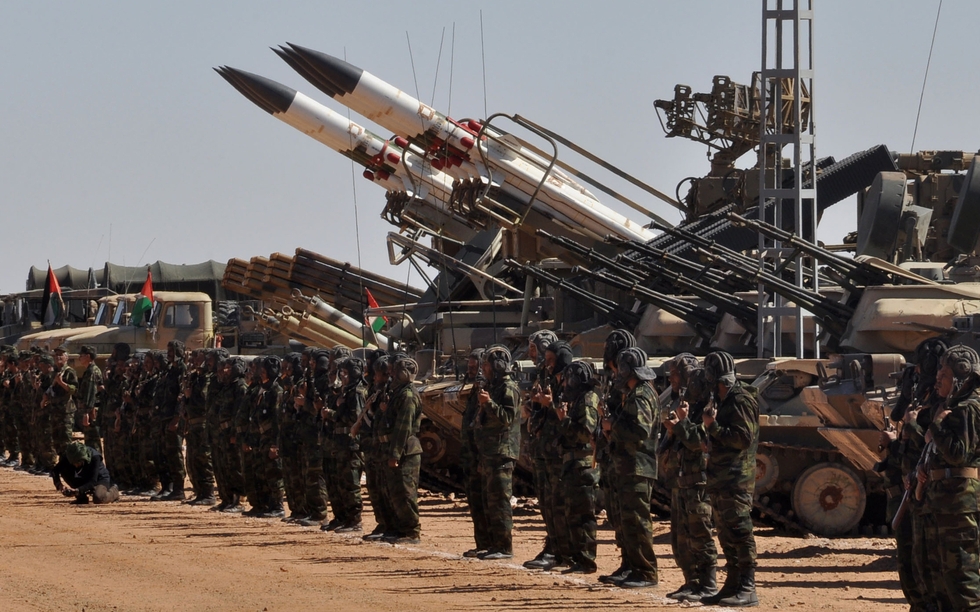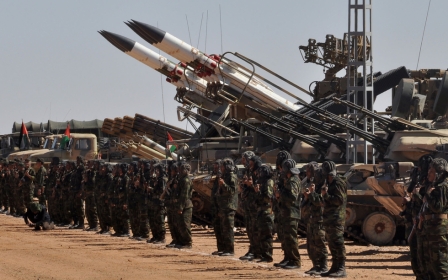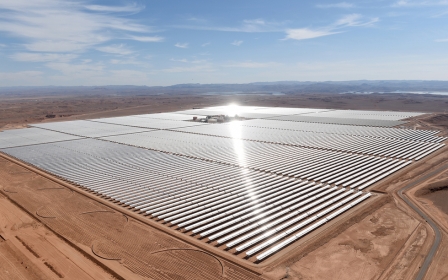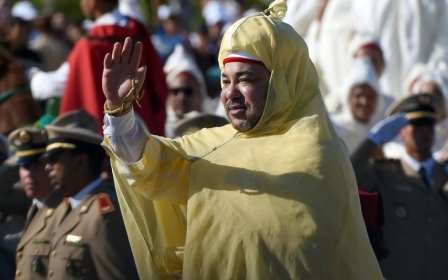UN deplores Rabat's Western Sahara move

The United Nations on Wednesday condemned Morocco's decision to reduce its contribution to the world body's MINURSO mission in Western Sahara, saying it would now take "mitigating measures".
UN spokesman Stephane Dujarric said Secretary General Ban Ki-moon has now cancelled previously announced plans to travel to Rabat given tensions with Morocco, which has condemned his use of the term "occupation" to describe the status of the contested territory.
Morocco's "decision came as a surprise," Dujarric said, vowing to "take measures to ensure that MINURSO can continue to fulfil its mandate".
"There is no talk of withdrawing MINURSO," the spokesman insisted.
The United Nations hopes its envoy, American former diplomat Christopher Ross, will be able to pursue his efforts to reach a resolution.
"We very much hope it will not be the end of the political process," Dujarric said.
"The people of Western Sahara deserve a political process and a light at the end of the tunnel."
Morocco communicated its decision to Ban on Monday via Foreign Minister Salaheddine Mezouar.
"We obviously regret this decision," Dujarric said.
"We do hope to move on to more constructive and positive relations with Morocco."
Morocco was contributing $3mn to provide food and housing for UN peacekeepers, and some 2,300 UN troops, including to the MONUSCO mission in the Democratic Republic of Congo.
Rabat announced a "significant reduction" in its participation in the MINURSO mission, and said it was also "weighing the manner in which Morocco's contribution to peacekeeping missions would be reduced".
After speaking with Mezouar on Monday, Ban expressed "deep disappointment and anger" over demonstrations against him the day before in Morocco.
The United Nations has been trying to broker a Western Sahara settlement since 1991 after a ceasefire was reached to end a war that broke out when Morocco deployed its military in the former Spanish territory in 1975.
The UN chief wants to achieve progress in resolving the 40-year conflict over Western Sahara before he steps down at the end of the year.
Middle East Eye propose une couverture et une analyse indépendantes et incomparables du Moyen-Orient, de l’Afrique du Nord et d’autres régions du monde. Pour en savoir plus sur la reprise de ce contenu et les frais qui s’appliquent, veuillez remplir ce formulaire [en anglais]. Pour en savoir plus sur MEE, cliquez ici [en anglais].




